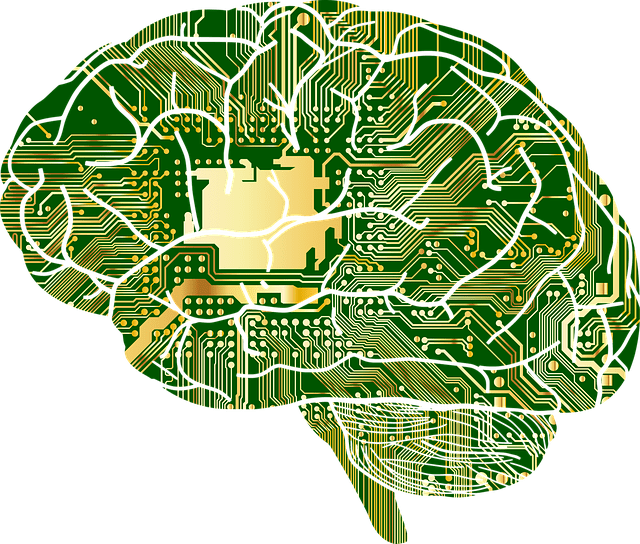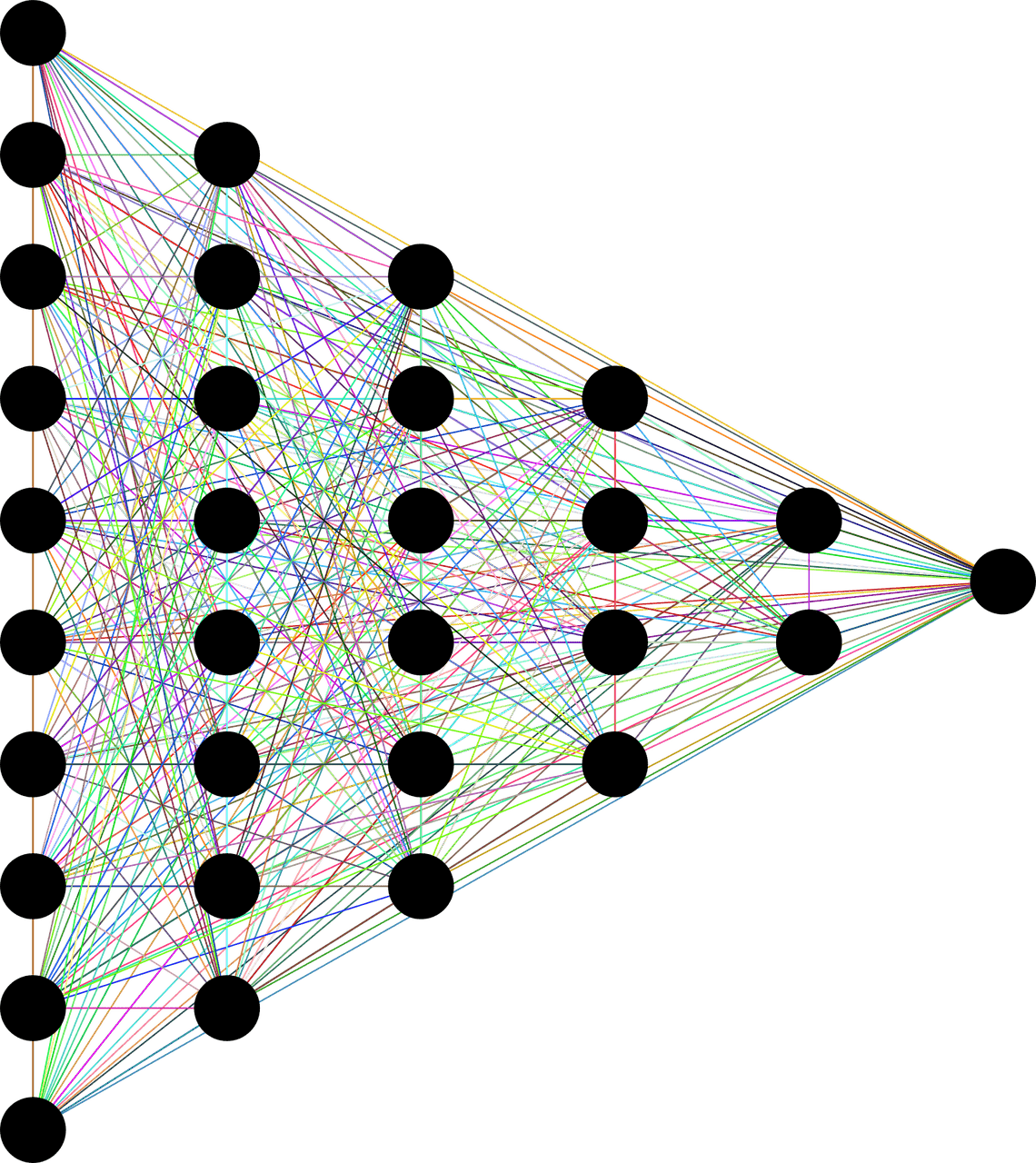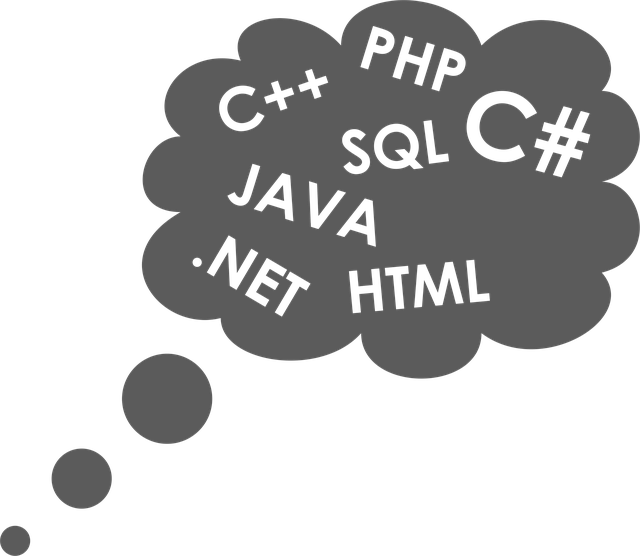Artificial Intelligence (AI)
Artificial Intelligence And Its Demands To The Programmers
Artificial Intelligence is a highly demanded skill for any programmer to get demanded experience to have a good income. Its demands to the programmers.

Machine learning is important but not the main part of education. To become relevant to artificial Intelligence, any programmer should think of his skills to get demanded experience in order to have a good income. Keep reading to learn about the crucial knowledge to have.
Artificial Intelligence has a great impact on our modern life since it breaks into all fields of society and the economy. Medicine, education, business, science, entertainment, etc. use AI developments to be more productive. What are the benefits of artificial intelligence?
- Automation of the processes that have always demanded human intervention before
- Fast processing and analyses of vast amounts of information.
- The ability to search for alternatives and consider consequences using tons of variables.
- Efficiency that doesn’t depend on human emotions and problems.

Certainly, plenty of artificial intelligence peculiarities are dependable on projects, innovations, and the challenges that it faces. That’s why all programmers should get some crucial skills to move with the times.
Artificial Intelligence or Machine Learning – Have We Got a Winner?
Some people try the opposite of artificial intelligence vs machine learning that’s why we recommend considering the following differences not beating around the bush.
ML is the study when you learn the machine itself without any software since it serves as an application for artificial intelligence. In other words, while ML you’re getting knowledge and skills to enhance precision. You study both a simple-concept machine and how to learn from data on a definite challenge to enhance the performance of a machine.

Artificial intelligence implies the ability to both get and apply knowledge to increase not precision but success. In other words, you learn to create a computer program that can perform smart functions. AI is a ready-to-use solution for solving a certain array of tasks better than a human being could do.
How to learn artificial intelligence programming? The best professionals have gotten into both ML and AI to become machine-learning engineers that are able to develop artificial intelligence appliances, equipment, and systems that, in their turn, can learn from themselves and apply knowledge. Besides, such a pro can develop artificial intelligence startups and sell them to different companies and establishments.
Five Skills Each Programmer should Acquire to Deal with Artificial Intelligence
First, you should learn Python, Java, or R artificial intelligence programming language and get the official degree (MS or Ph.D., or at worst, BS in Computer Science). The other skills required:

Table of Contents
1. Good Mathematical and Algorithms Knowledge
You should be a Math guru to get the hang of a wide array of algorithms and to put them into practice promptly and unmistakably when working with artificial intelligence. This skill allows you to pick the proper algorithms that are relevant to a problem.
2. Contingency to Define Probability and Statistics
AL developers should get a deep understanding of probability and statistics to see various artificial intelligence models and build comprehensive algorithms. If speaking of statistics, it is the preliminary stage in artificial intelligence programming for beginners; it’s a foundation that makes further learning possible. Statistics works as a metric to give an impartial assessment of a certain AL model.
3. Software Development and System Design
The best specialists in artificial intelligence are able to develop diverse types of software that are designed for a certain range of products. Each software consists of several components. The main challenge for a programmer is to find out the appropriate components and join them together in order to create a holistic system with a user-friendly interface.
4. Latest Signal Processing Techniques
This skill in artificial intelligence ensures an enhanced understanding of information based on accepted ultrasonic data. To succeed, it is also important to dive deeper into the key concepts of Continuous-Time, Discrete-Time Signals, and System concepts correctly.
5. Think outside the Box
Artificial intelligence implies much creativity since a programmer creates innovations and he has to apply completely new approaches to stand out other his colleagues. It gives the opportunity to solve various problems in the best way and to use an abstract concept for implementing practical solutions.
More about Artificial Intelligence
To work on artificial intelligence within any field of industry, (whether you’re a beginner or a sophisticated professional) you should always update your skills in order to sit on the top floor of this building.
If you’re interested not only in high-techs themselves but the appliances that are based on them, welcome to Best Tech Expert where you can look through the best tech gadgets. Now, we’d like you to share your vision of the artificial intelligence future. Please, comment on the topic and express your ideas on how to become a demanded programmer.
Helpful Resources:
1. 16 Best (free) AMP – (Accelerated Mobile Pages) WordPress Plugins
2. 16 Best Free SEO WordPress plugins for your Blogs & websites
3. Top 5 Best Web Development Frameworks For Popular Programming Languages
AI Tools
A Guide To Using AI for Knowledge Management
Using AI for knowledge management and to transform massive data pools into actionable insights is not just beneficial; it’s becoming a necessity to stay competitive.

In the digital era, the fusion of AI technology with knowledge management is revolutionizing the way organizations manage and exploit their informational assets. Using AI for knowledge management and to transform massive data pools into actionable insights is not just beneficial; it’s becoming a necessity to stay competitive. Keep reading to unlock the full potential of AI-driven knowledge management.
1. The Intersection of AI and Knowledge Management: A Synergy Explained
Knowledge management traditionally involves capturing, organizing, and distributing knowledge across an organization. When AI steps into this territory, the potential for enhanced efficiency and decision-making emerges. AI algorithms can sort through and analyze data at a rate no human can match, revealing patterns and insights that can be critical for strategic planning. This melding of AI with knowledge management practices is a modern alchemy, creating an invaluable resource.
One of the most significant benefits of integrating AI into knowledge management is the automation of data processing. AI systems can continuously learn from new data, refining their algorithms and providing even richer insights over time. Moving from static data repositories to dynamic knowledge hubs, businesses are now armed with constantly evolving intelligence. This represents a profound shift from data being a static historical record to a dynamic, predictive tool for decision-making.

Customization is another strong suit of AI in this space. Rather than one-size-fits-all information resources, AI can personalize knowledge dissemination to the needs of each employee. The focus moves beyond mere information access to ensuring the right knowledge reaches the right person at the right time.
2. Implementing AI in Your Knowledge Management Strategy
Transitioning to an AI-driven knowledge management system begins with identifying the scope and objectives of knowledge needed. Organizations must be clear about the kind of knowledge that is most valuable and how AI can aid in its cultivation and dissemination.
Following initial evaluations, the selection of appropriate AI tools and technologies becomes the next crucial step. There are various AI solutions designed for specific knowledge management tasks, from natural language processing for content analysis to machine learning models that predict trends and behaviors.
Integrating AI requires a cultural shift within the organization. Employee buy-in is crucial, and it is important to address any concerns about job displacement head-on. Training and educating the workforce on the benefits and use of AI systems can facilitate smoother adoption, ensuring everyone understands the role of AI as a partner, not a replacement, in the knowledge ecosystem.
3. The Impact of AI on Knowledge Retention and Dissemination

The true value of AI in knowledge management is often most visible when assessing knowledge retention and dissemination within the organization. AI-driven systems can significantly enhance the ability to capture institutional knowledge, store it and make it available in engaging, interactive formats that increase retention.
Analytics are also central to measuring the impact of AI on knowledge management. By evaluating these metrics, businesses can see whether the knowledge is being leveraged effectively, which areas may need more focus, and where improvements can be made.
Furthermore, AI can be a boon for training and development programs. By adapting to the learning pace and style of individual employees, AI can deliver personalized training recommendations and content, leading to more effective learning outcomes.
Altogether, AI is transforming the realm of knowledge management with its capacity to automate, personalize, and revolutionize how information is processed and utilized. Challenges notwithstanding, the rewards of integrating AI into knowledge management strategies are profound, paving the way for smarter.
-

 Instagram4 years ago
Instagram4 years agoBuy IG likes and buy organic Instagram followers: where to buy them and how?
-

 Instagram4 years ago
Instagram4 years ago100% Genuine Instagram Followers & Likes with Guaranteed Tool
-

 Business5 years ago
Business5 years ago7 Must Have Digital Marketing Tools For Your Small Businesses
-

 Instagram4 years ago
Instagram4 years agoInstagram Followers And Likes – Online Social Media Platform
















